
piccadily agro industries ltd
Piccadily Agro, Industries Limited (PAIL) is a publicly listed company on the Bombay Stock Exchange (BSE: PICAGRO). The company operates primarily in two strategic business segments: Distillery and Sugar, producing a diverse range of products, including Malt Whisky, Cask Aged Rum, Extra Neutral Alcohol (ENA) and Ethanol.
Recognized as a prominent player in the alcoholic beverages industry, Piccadily Agro, is particularly known for its expertise in malt spirits. The company's extensive portfolio includes premium single malt whisky, blended malt whisky, premium sugarcane juice rum, and country liquor. With a strong emphasis on premiumization, PAIL has successfully positioned itself as a leader in the Indian single malt whisky market by leveraging its technical prowess and deep market insights.
In 2022, the company further cemented its reputation with the launch of "Indri", its flagship single malt whisky brand which was declared as the Best in Show at the Whiskies of the World Awards 2023, beating all other Scottish, Japanese, and world whiskies.
OUR JOURNEY
1994
Commenced operations with a sugar manufacturing unit

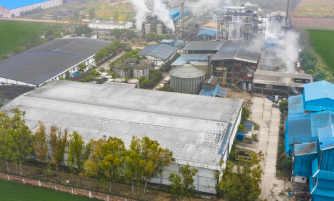

2007
Commissioned a grain-based distillery
2010
Established a malt distillery and began barrel maturation

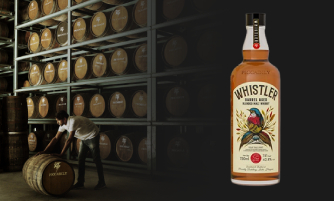

2017
Entered the branded alcoholic beverage segment with the launch of Whistler
2022
Introduced Indri single malt whisky

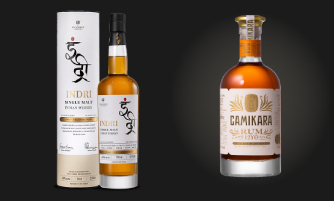

2022
Launched Camikara 12-Year-Old aged rum
2023
Expanded the Indri portfolio with Dru and Diwali 2023 Edition

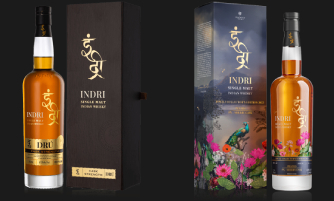

2023
Indri Diwali 2023 Edition received the World's Best Whisky Award
2023
Introduced Camikara 8-Year-Old for international markets

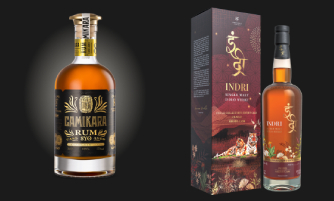

2024
Released Indri Diwali Collectors Edition 2024
2024
Rolled out Indri City Series Editions

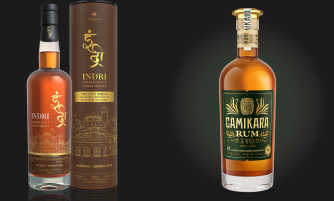

2024
Launched Camikara 3-Year-Old
2024
Fund raise and capacity expansion commenced

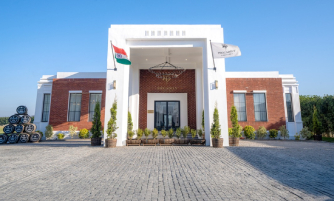

2025
Launch of the Indri Experience Centre
Our Sustainable Practices

Renewable Power
No fossil fuels are burned during the making of our spirits. Instead, the distilleries rely on the chaff from the barley and rice for energy. This results in a production process that operates on 100% renewable energy. We are proud to export 3 megawatts of renewable energy to the grid.
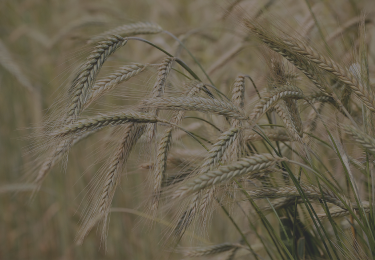
Six Row Cultivation Method
Described in the ancient Hindu texts called the Rig Vedas (1500 BC), barley has been grown for hundreds of years in the inhospitable Rajasthani desert climate. For the production of the finest spirits, Piccadilly only uses barley that is cultivated using an indigenous six-row method, which relies on organic and sustainable principles. Six-row cultivation brings smaller yields than other cultivation methods, and it lends a fruity, distinctive taste to our spirits.
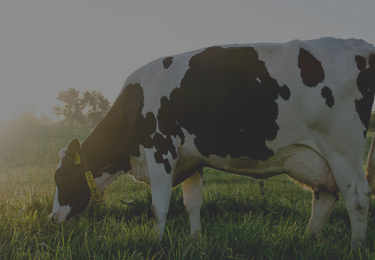
Sustainable Farming
No groundwater is extracted and no chemical fertilizers are used during the farming process. Farmers re-use and recycle barley seeds every year. The leftover material from the spirit manufacturing process is not wasted but reused for cattle feed.
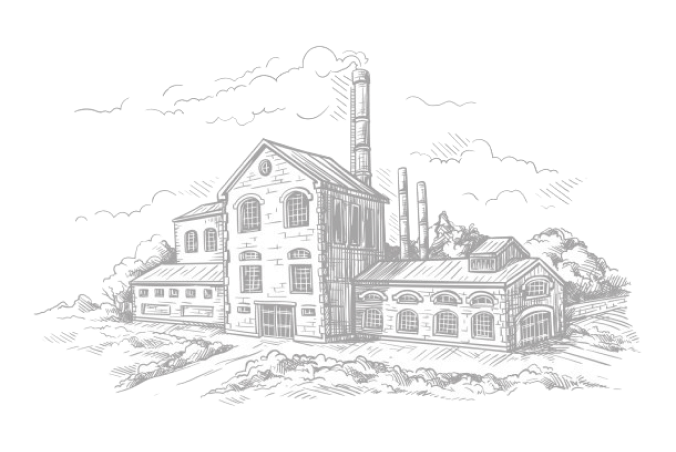
Our Heritage
In 1953, Pt. K.N. Sharma started a company named Kedar Nath and Sons in Doraha, in the then undivided Punjab.
The company soon expanded and established liquor retail business across various states in India.
In addition to alcohol business, the company also launched a restaurant in Chandigarh called "Piccadily Restaurant and Bar,"
The remarkable success of Piccadily restaurant led to more restaurants, hotels and entertainment businesses coming into being, with hotels in Chandigarh, Manali, Raipur & theatres in Chandigarh, Amritsar and Jalandar.
The family further increased its footprint in the hospitality industry with 5-star hotels in New Delhi, Gurgaon and Ludhiana.
In 1994, the family set-up a sugar mill and distillery, making a foray into the alcohol manufacturing business.
